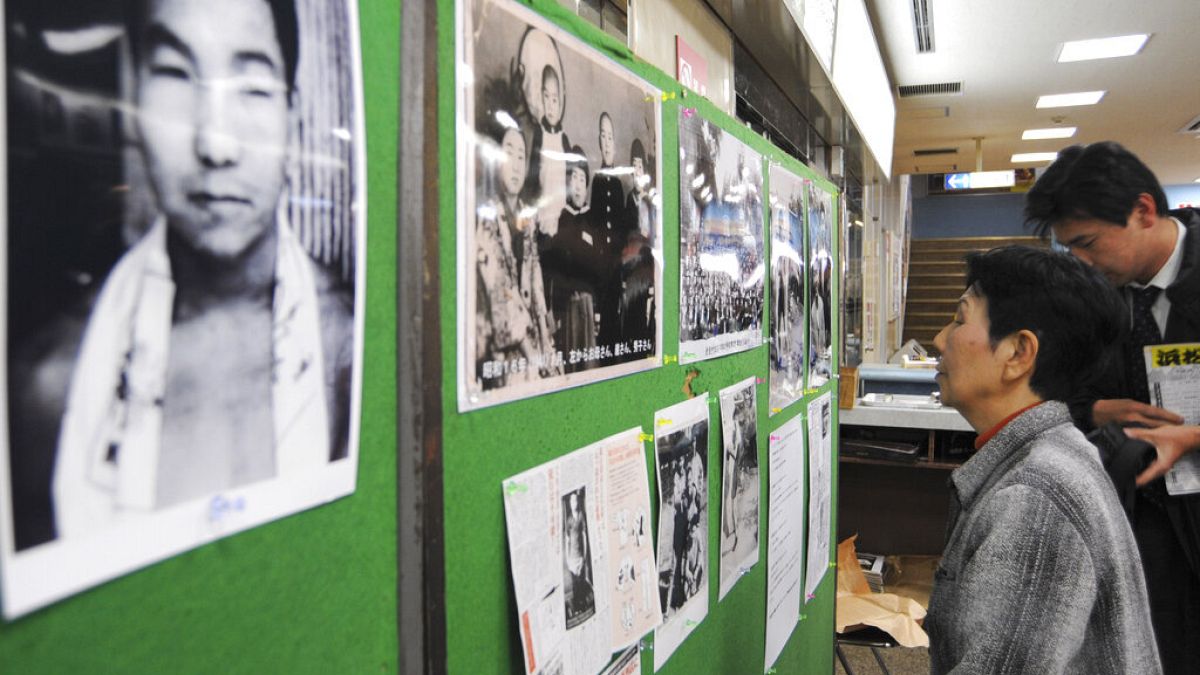The Japanese court recently found an 88-year-old former boxer not guilty in a retrial for a quadruple murder in 1966, after he spent decades on death row. Iwao Hakamada, who was sentenced to death in 1968, was acquitted by the Shizuoka District Court, making him the fifth death-row convict to be found not guilty in a retrial in post-war Japanese criminal justice. The presiding judge cited fabricated evidence and indicated that Hakamada was not the perpetrator of the crime, sparking a debate about abolishing the death penalty in Japan.
Hakamada spent 48 years behind bars, most of them on death row, making him the world’s longest-serving death row inmate. His first appeal for a retrial was denied by the top court after 27 years, but his second appeal, filed in 2008 by his now 91-year-old sister Hideko Hakamada, was granted in 2023. New evidence suggesting his conviction was based on fabricated accusations led to a retrial that began in October, ultimately resulting in his acquittal after several decades of legal battles.
During the investigation, Hakamada initially denied the accusations but later confessed after alleged violent interrogation by police. One major point of contention was blood-stained clothing investigators claimed Hakamada wore during the crime, found over a year after his arrest. Furthermore, DNA evidence did not match Hakamada’s, and the trousers submitted as evidence were too small for him, raising questions about potential fabrication by investigators. These discrepancies played a crucial role in his retrial and subsequent acquittal.
Japan and the US are the only G7 countries that still have capital punishment, with Japanese public support for executions being notably high. However, the secretive nature of executions in Japan has faced criticism, with prisoners often not being informed of their fate until the day of their hanging. Hideko Hakamada has been a staunch advocate for her brother’s innocence, dedicating decades to seeking justice. She has called for a revision of criminal law to make retrials more easily accessible to those wrongfully accused, expressing empathy for others in similar situations.
Hakamada’s prolonged detention has taken a toll on his mental health, with most of his prison time spent in isolation and fear of execution. His case highlights the need for reforms in the Japanese criminal justice system, particularly in regards to the high hurdles for obtaining retrials. The latest ruling in Hakamada’s case may serve as a catalyst for broader discussions on the appropriateness of the death penalty and the need for transparency in the legal process. Hideko Hakamada’s perseverance and determination to uphold her brother’s innocence represent the unwavering fight for justice in Japan’s criminal justice system.










